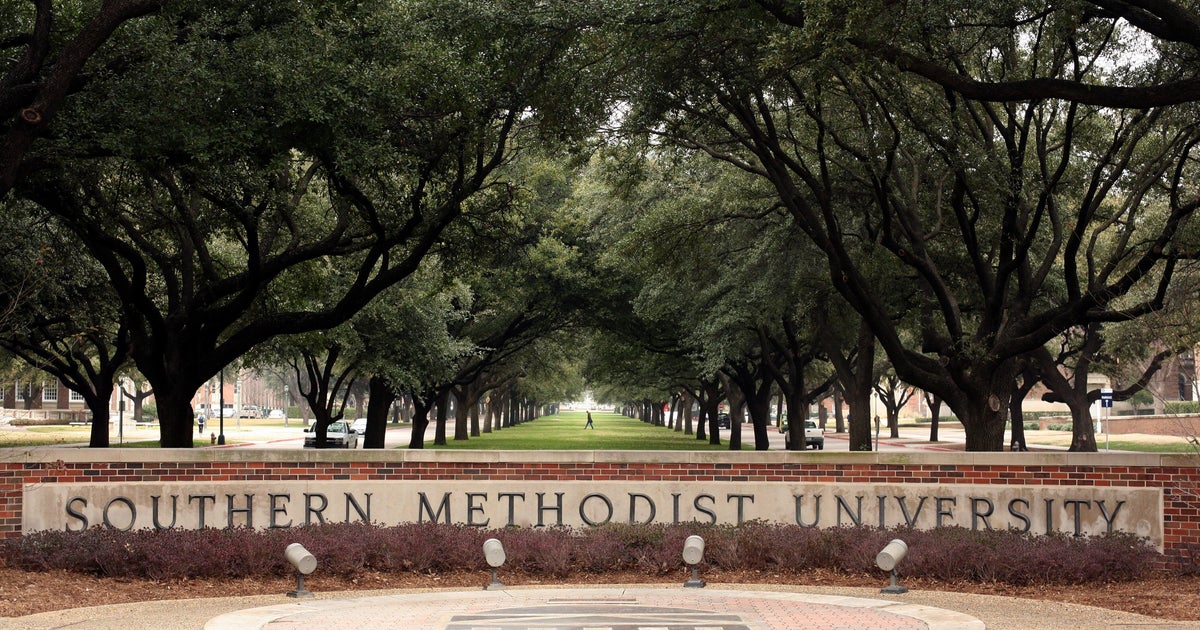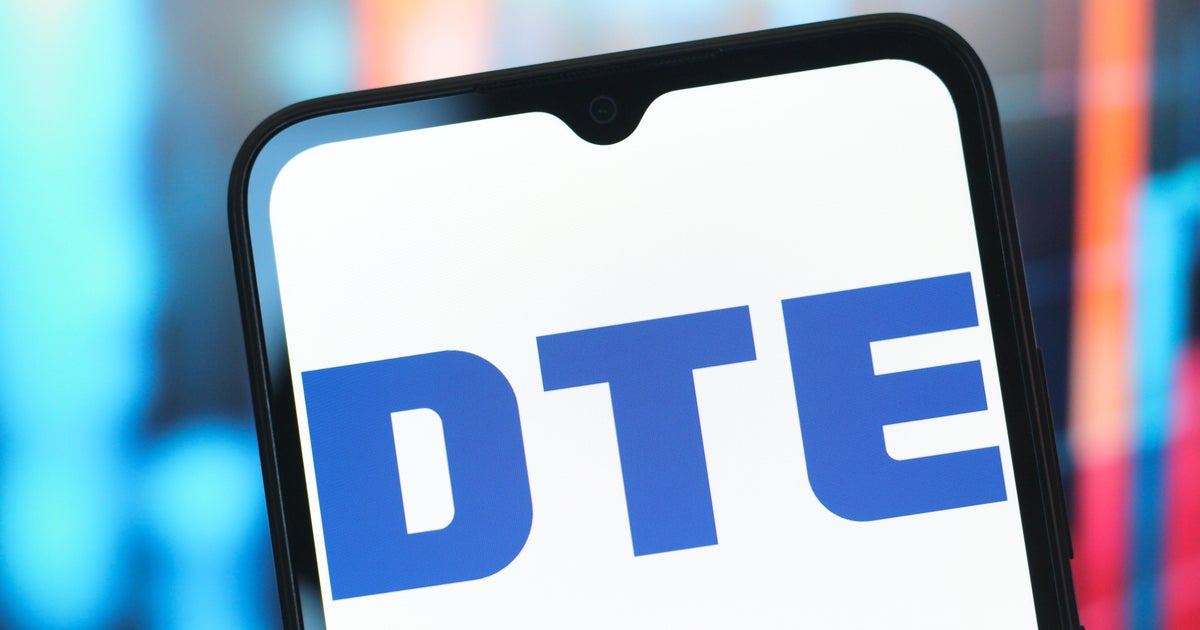Congress requests info on Chinese students at the University of Maryland over potential security concerns
A U.S. congressional committee sent a letter to Dr. Darryll Pines, President of the University of Maryland, College Park, requesting information on Chinese students at the institution due to "national security risks."
In the letter, Chairman John Moolenaar of the House Select Committee on the CCP said there are national security concerns over the growing presence of Chinese nationals in U.S. university STEM programs, particularly in federally funded research.
Moolenaar said financial incentives have led universities to prioritize foreign enrollment—especially from China—over domestic students, potentially enabling espionage and intellectual property theft that benefits the Chinese Communist Party (CCP). The letter also says that the "large influx of Chinese national students into the United States presents a growing national security challenge."
"Large influx" of Chinese national students pose national security risk, committee says
"Too many U.S. universities continue to prioritize financial incentives over the education of American students, domestic workforce development, and national security. They do so by admitting large numbers of Chinese nationals into advanced STEM programs, potentially at the expense of qualified Americans," the letter reads.
The committee also says American campuses are "soft targets" for espionage and intellectual property theft, and that the U.S. Justice Department is concerned that "international students' motives aren't just to learn, but to share that intelligence with foreign superpowers to see a competitive advantage."
According to the committee, a Harvard University study found that only 25% of Chinese graduate students intend to immigrate to the U.S. or another Western country after completing their graduate programs, and that "nearly half" of Chinese graduate students remain in the United States only temporarily for post-graduate employment. That same study also found that 25% of Chinese graduate students intend to return to China immediately after graduation, according to the committee. The specific study in question was not attributed in the letter, however.
To investigate the national security concerns, the committee requested that the University of Maryland provide information regarding Chinese national students by April 1.
In the letter, the committee asked UMD to provide a list of all university programs that include Chinese national participants, what percentage of the university's total graduate student body consists of Chinese nationals, if Chinese nationals are "disproportionately concentrated" in tech fields, along with a range of other questions.
U.S. officials concerned about Chinese technology and data privacy
Trump administration officials have expressed concerns about Chinese technology posing a risk to U.S. National security. The Chinese A.I. application DeepSeek, which has been said to rival the capabilities of ChatGPT, has been a topic of discussion for lawmakers who say the app could allow personal data from U.S. users to be given to the Chinese Communist Party.
Congress also sought to ban TikTok, the Chinese-owned social media platform, over security concerns before President Trump signed an executive order ordering the Justice Department not to enforce the ban.
The two cases are slightly different, however, as DeepSeek's servers are based in mainland China, while TikTok moved all of its U.S. data to infrastructure owned by American software maker Oracle in 2022.







